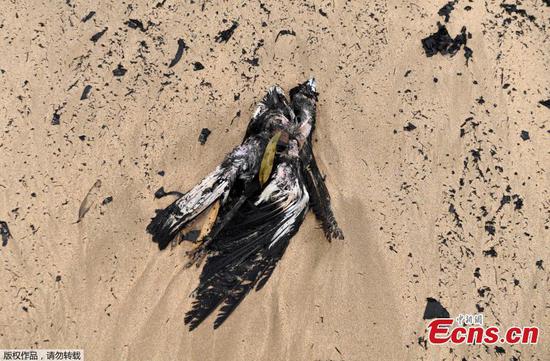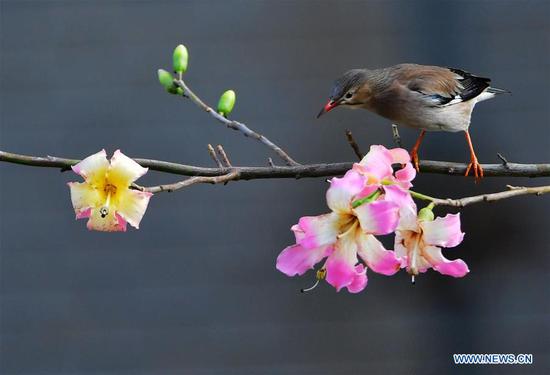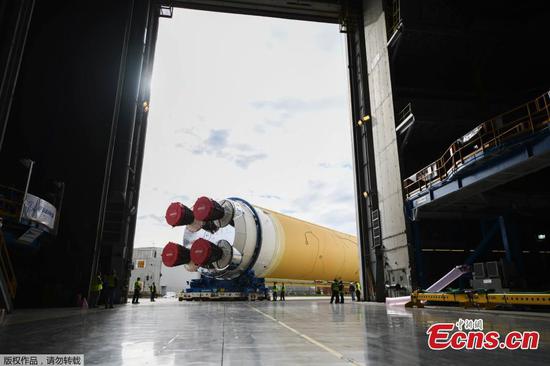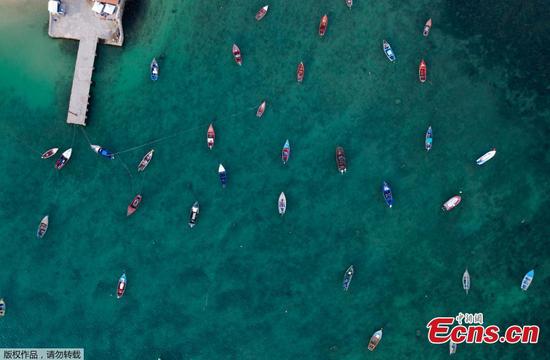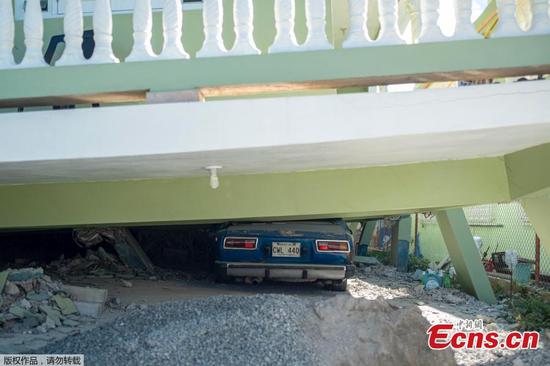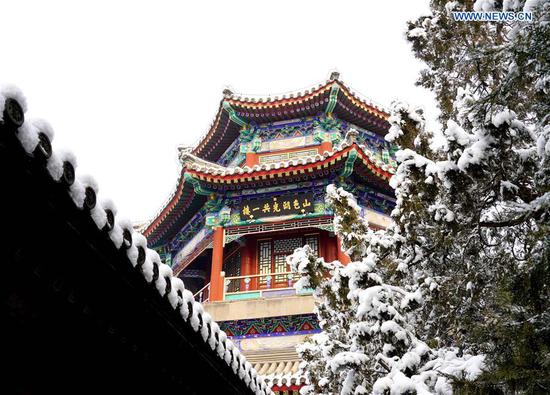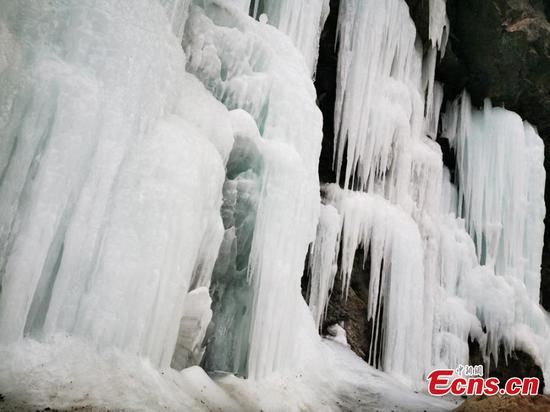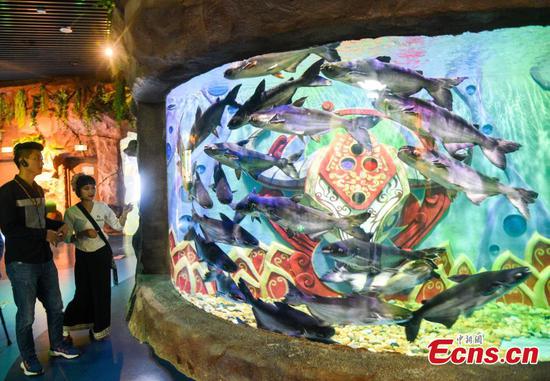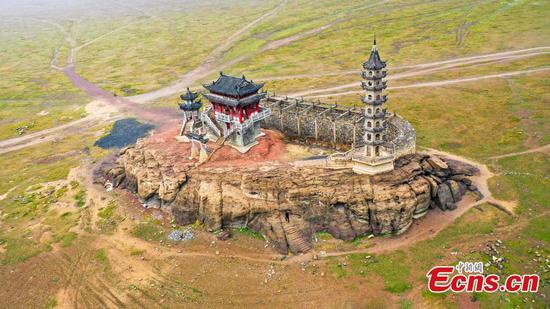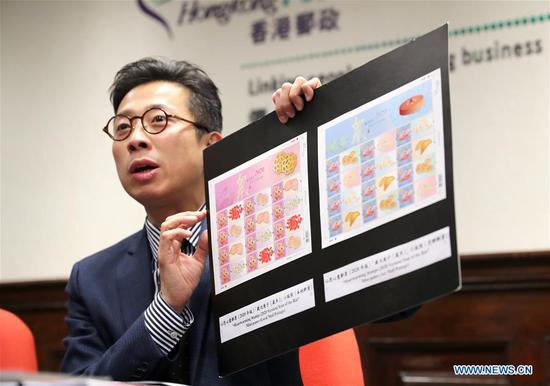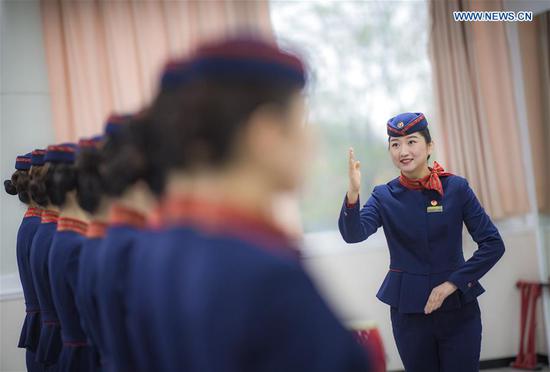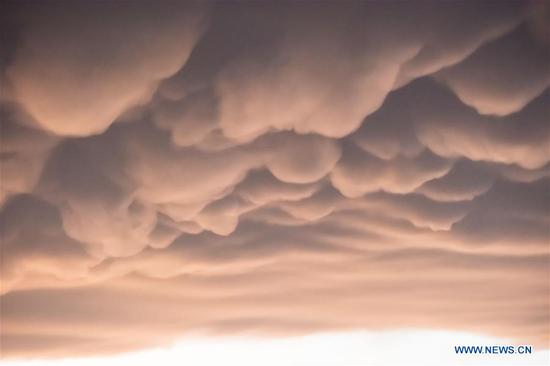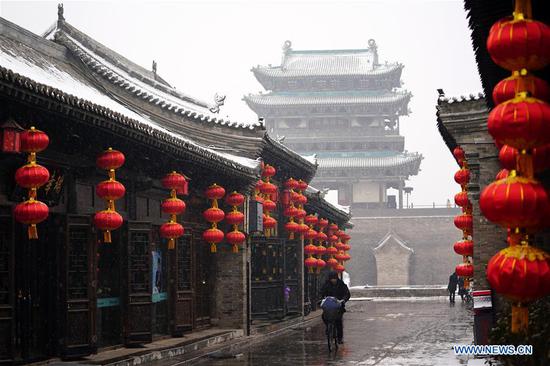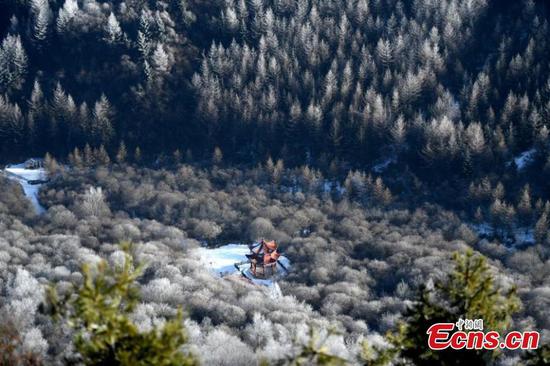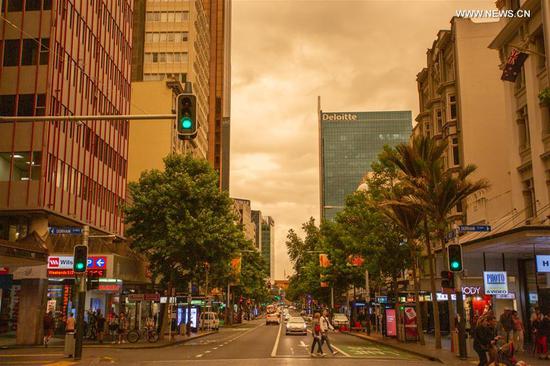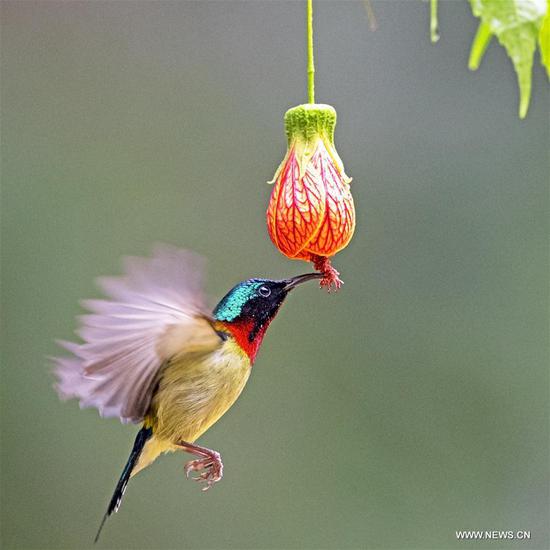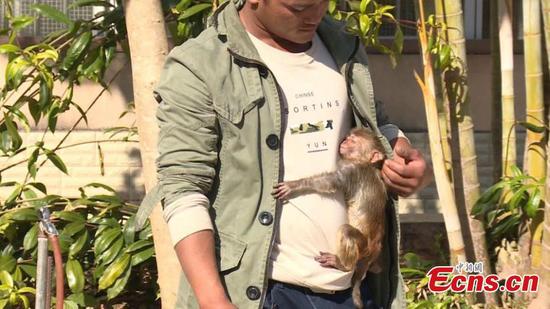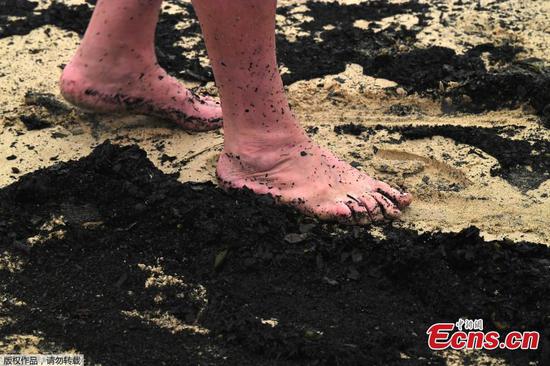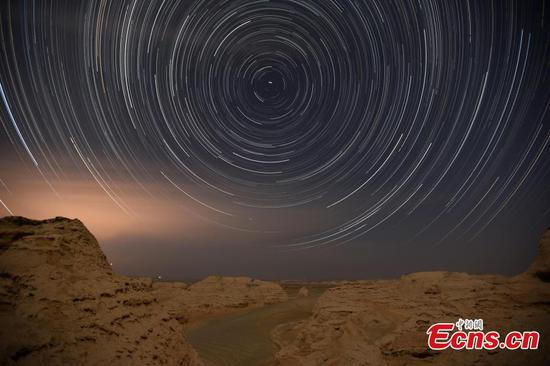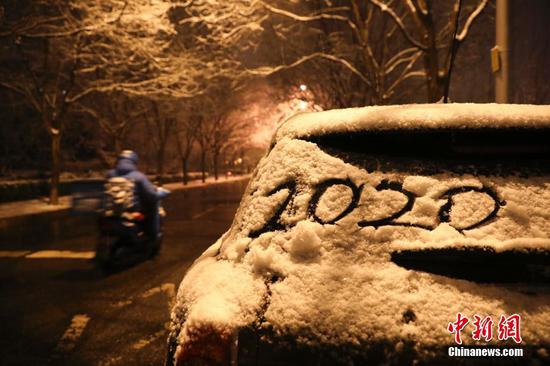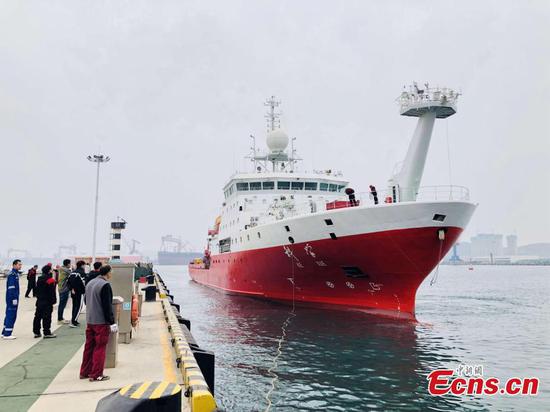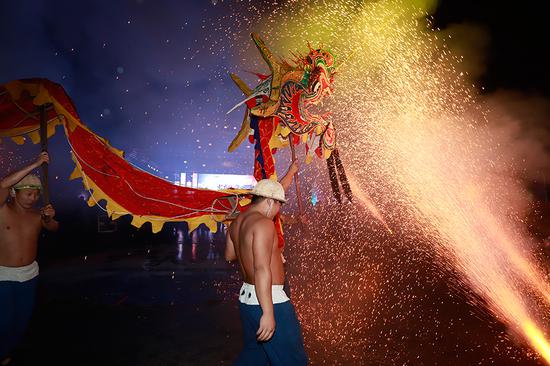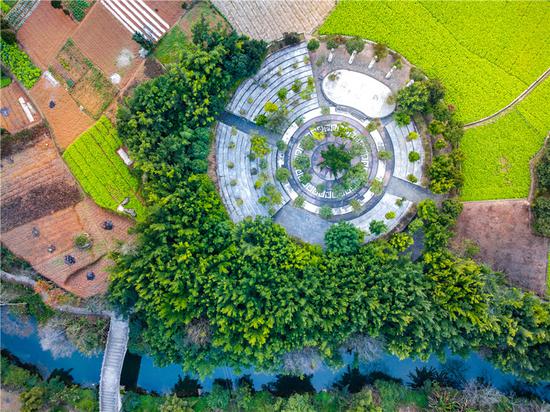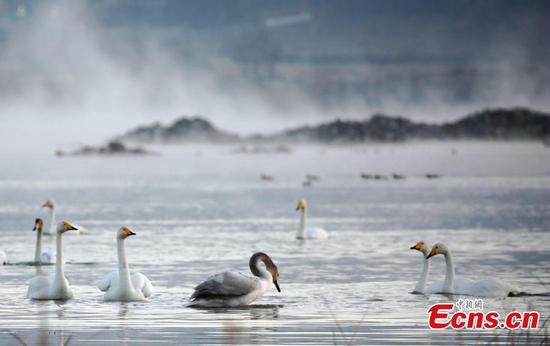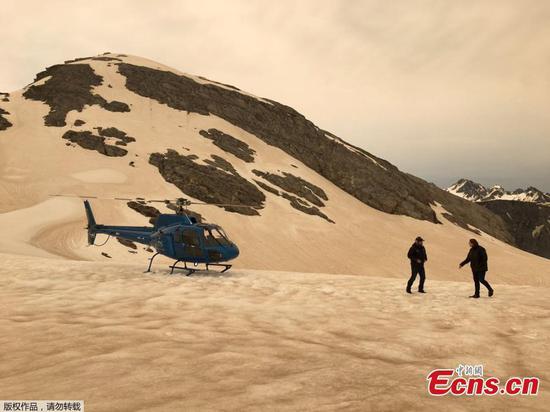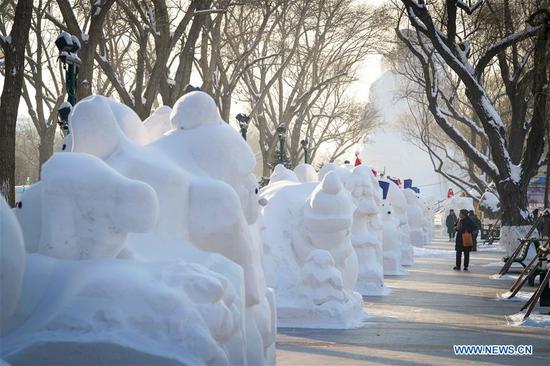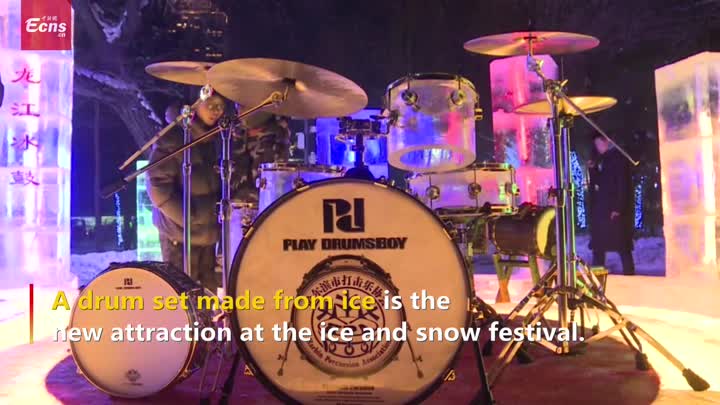Southwest China's Tibet Autonomous Region strengthened ecological protection with more investment earmarked for 2019, according to the ongoing third session of the 11th People's Congress of the region.
There was a 20-percent growth of investment in ecological protection in 2019, said Qizhala, chairman of the regional government, in the government work report delivered Tuesday at the session.
Dubbed as the "world's third pole," Tibet is one of the regions with the best environmental quality in the world.
In 2019, various types of ecological compensation, awards and subsidies totalled 9.77 billion yuan (1.4 billion U.S. dollars). The regional government designated 17 counties, 213 towns and 2,373 villages as key ecological security barrier areas for strict ecological supervision, Qizhala said.
In 2019, 4,058 people moved out of extremely high altitude areas, and 86,667 hectares of afforestation coverage was added in Tibet.
Qizhala said the region will continue carrying out a strict ecological protection mechanism, tightening supervision on resource exploitation and improving ecological protection and restoration efforts in protecting the region's forests, grasslands, wetlands and biodiversity, building ecological safety barriers and curbing desertification and soil erosion.
"The year 2020 is the final year of the country's 13th Five-Year Plan. Tibet will make sure all major ecological protection tasks meet the targets," Qizhala said.
He said the region will start the building of the Tibet part of the planned Sanjiangyuan National Park this year, which is home to the headwaters of the Yangtze, Yellow and Lancang rivers.









